What is the European Pillar of #SocialRights? How will it be delivered?
Crédit Photos©CommissionEuropéenne
Social Summit for Fair Jobs and Growth: strengthening the EU's social dimension
On 17 November, President Juncker and Swedish Prime Minister Löfven will jointly host EU leaders for the first EU Social Summit in 20 years.
The Presidents of the EU Institutions, EU Heads of State or Government, social partners and other key stakeholders will gather at the Social Summit in Gothenburg, Sweden, to have an open discussion amongst all participants on how to promote fair jobs and growth in the European Union.
On the occasion of the Social Summit, the European Parliament, the Council and the European Commission will jointly proclaim the European Pillar of Social Rights, which was first announced by President Juncker in his 2015 State of the Union Address and presented by the Commission in April 2017. Its proclamationunderlines the joint commitment of EU-leaders to stand by and promote the 20 principles and rights enshrined under the Pillar.
Over a working lunch, leaders will also discuss the future of education and culture. Just two days ago, the European Commission set out its visionfor how we can create a European Education Area by 2025.
Ahead of the Social Summit, President Juncker said: "Europe is slowly turning the page on years of economic crisis but it has not yet surmounted the biggest social crisis it has known for generations. The challenges of youth unemployment, inequality and a transforming world of work are ones we all face. In Gothenburg, we have a unique opportunity to seek out common solutions. This should be a landmark moment – with the proclamation of the European Pillar of Social Rights, we are showing our joint commitment to protect and uphold the rights of equality, fairness and opportunity that we all stand for and that all citizens are entitled to. And it must also be the first step of many in this direction."
Prime Minister of Sweden, Stefan Löfven, added: "The Social Summit is about making real improvements in peoples everyday lives. How we make sure people gain access to the labour market, how we ensure fair jobs and decent working conditions in all Member States and how we help people transition to the new jobs of tomorrow. With the Social Summit we are making a clear commitment to put the interest of our citizens at the heart of the EU agenda."
The Social Summit will focus on how to make the most of new opportunities and tackle common challenges for the labour markets and welfare models of today and tomorrow. By building on each country's perspective and experience, discussions will contribute to shaping a better future for Europeans. These discussions will be structured around three parallel working sessions, addressing the following themes: 'access to the labour market', 'fair employment and working conditions' and 'in between jobs: supporting transitions'. These meetings will be webcast, allowing people all over Europe to follow the discussions.
The Summit is a key milestone in the broader debate on the future of Europe, kicked off by the European Commission's White Paper and President Juncker's Roadmap for a More United, Stronger and More Democratic Union. It will provide a unique and timely opportunity for key stakeholders to advance the social dimension of the EU and its Member States.
Background
The world of work is changing rapidly, with new opportunities and new challenges arising from globalisation, the digital revolution, changing work patterns and demographic developments. 70 million Europeans lack basic literacy, numeracy and digital skills, but 40% of employers report that they cannot find people with the right skills to grow and innovate. Today, people change up to 10 times jobs in their whole career, and more and more people working under non-standard contracts. And while the population of Europe will increase in the coming years, the working age population will shrink: under current trends, there will be 38 million fewer Europeans of working age by 2060. Today, four working people support one pensioner: on 2060 the ratio will be two to one.
At the same time, the economic crisis has left deep marks in our societies, from long-term unemployment to high levels of public and private debt in many parts of Europe. Thanks to determined action at all levels, the EU economy is now back on a more stable footing. However, significant social inequalities remain, and there are many persisting difficulties to tackle such as differences in social protection coverage between workers on standard and non-standard contracts, the gender pay gap and unequal access to goods and services for disabled people and other vulnerable groups. There is also a questioning of whether innovation, technology shifts and the benefits and burdens accompanying open markets and societies are evenly distributed in society.
The debate on the future of Europe and the need for the EU and its Member States to better meet citizens' expectations and deliver for all Europeans is at the heart of the EU agenda. Following the Bratislava meeting on 16 September 2016 and the Valletta meeting on 3 February 2017, the declaration adopted by EU leaders at the Rome meeting on 25 March 2017 pledged that: “In the ten years to come, we want a Union that is safe and secure, prosperous, competitive, sustainable and socially responsible, and with the will and capacity of playing a key role in the world and of shaping globalisation. We want a Union where citizens have new opportunities for cultural and social development and economic growth.”
The European Commission presented its contribution to the debate on 1 March 2017 with a White Paper on the future of Europe, followed by a reflection paper on the social dimension of Europe and the presentation of the European Pillar of Social Rights on 26 April 2017. Several proposalshave been put forward in this field in recent years.
The Swedish Government is actively engaged in the discussion on the future of Europe and since the start of its political office has put fair working conditions, inclusive growth, equal opportunities and a well-functioning social dialogue high on its political agenda.
For More Information
Brussels, 16 November 2017
« Un moment historique pour l’ Europe
 avec l’engagement des dirigeants de l’ UE à respecter ces droits & 20 principes »
avec l’engagement des dirigeants de l’ UE à respecter ces droits & 20 principes »
*Ancienne stagiaire (Blue Book) de la Commission Européenne, au Secrétariat Général*
Fondatrice du HUB (2006)
UNION EUROPÉENNE, EUROPEAN UNION, UNION EUROPEA.
Présidente et Fondatrice du «Think Tank» Europe-Mexique.
headquarters in Paris, France
President & Founder
HUB « DIGITAL DIPLOMACY» «DIPLOMATIE NUMERIQUE ».
Fondatrice
HUB
« DIGITAL DIPLOMACY» : « POLITIQUE & SOCIAL NETWORKING ».
Fondatrice
HUB « ECOLOGIE &INNOVATION : DEVELOPPEMENT DURABLE DU XXIE SIÈCLE!»
*Twitter :
@MorganeBravo @DiploDigital, @EcologieI,
@EuropeMex,@MBDiplo.
@EuropeMex,
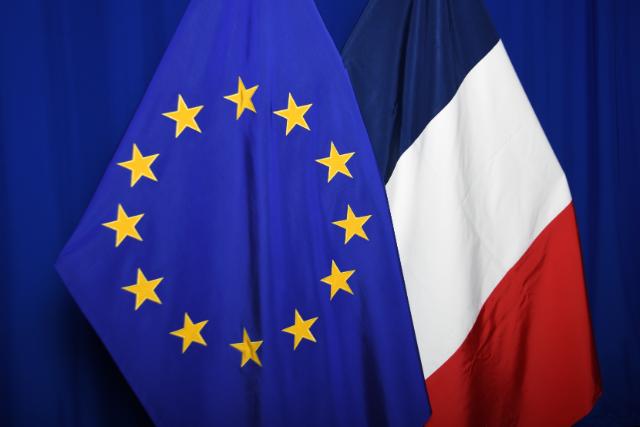











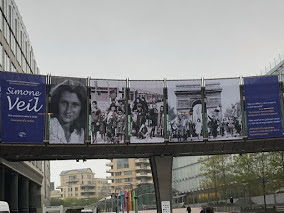
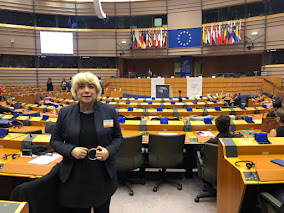
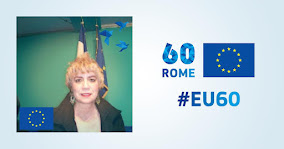
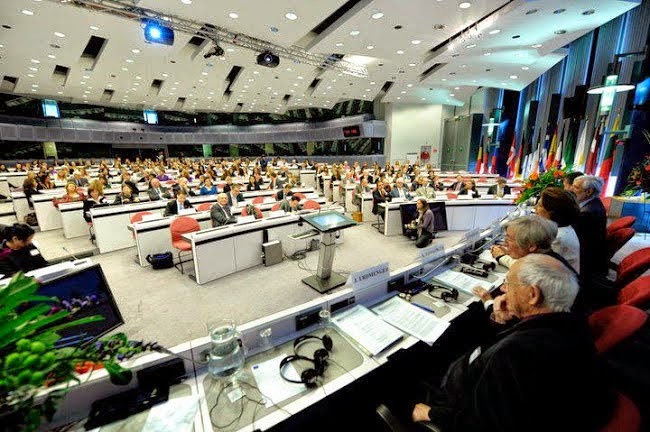




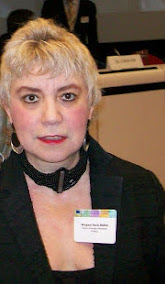
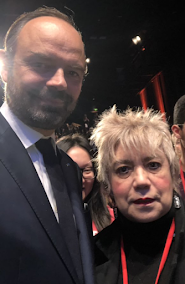
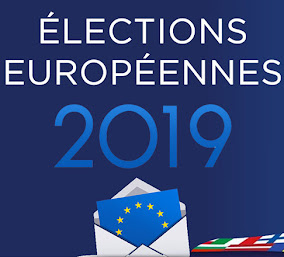







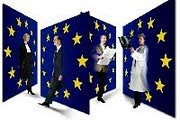

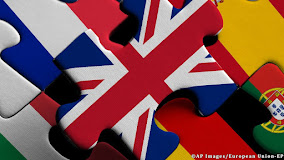
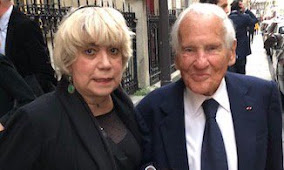





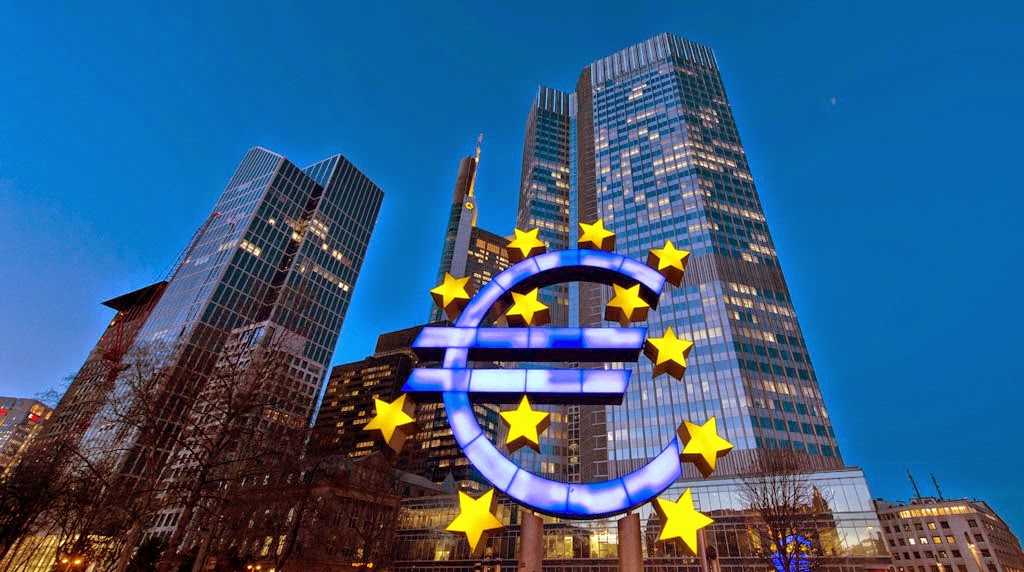

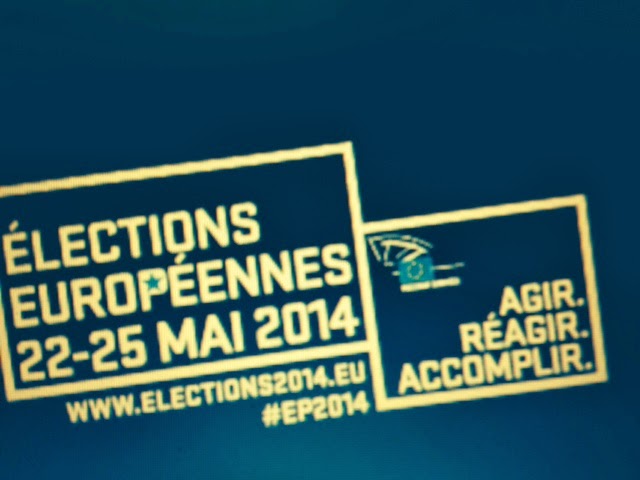




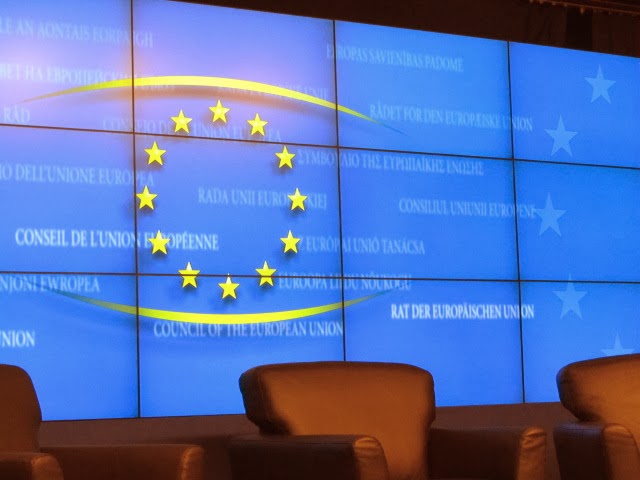
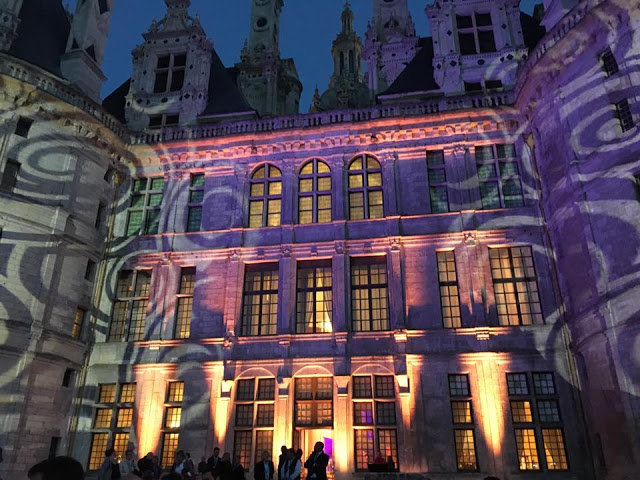


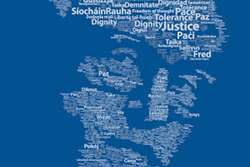



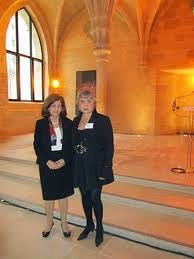

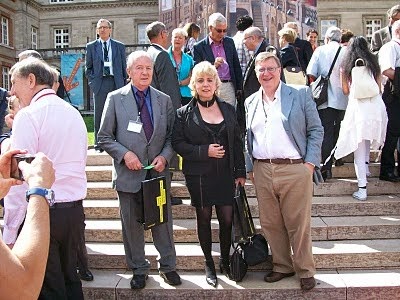
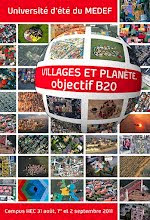



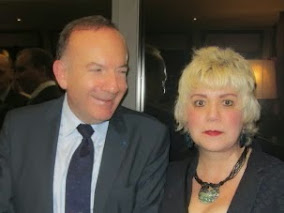
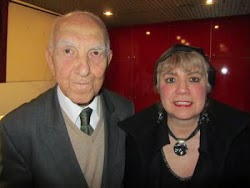
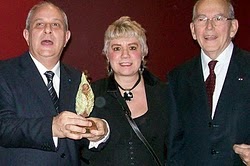
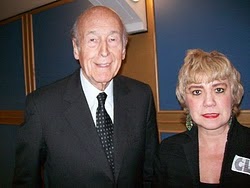

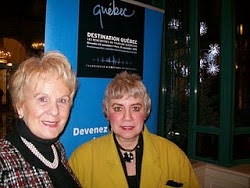






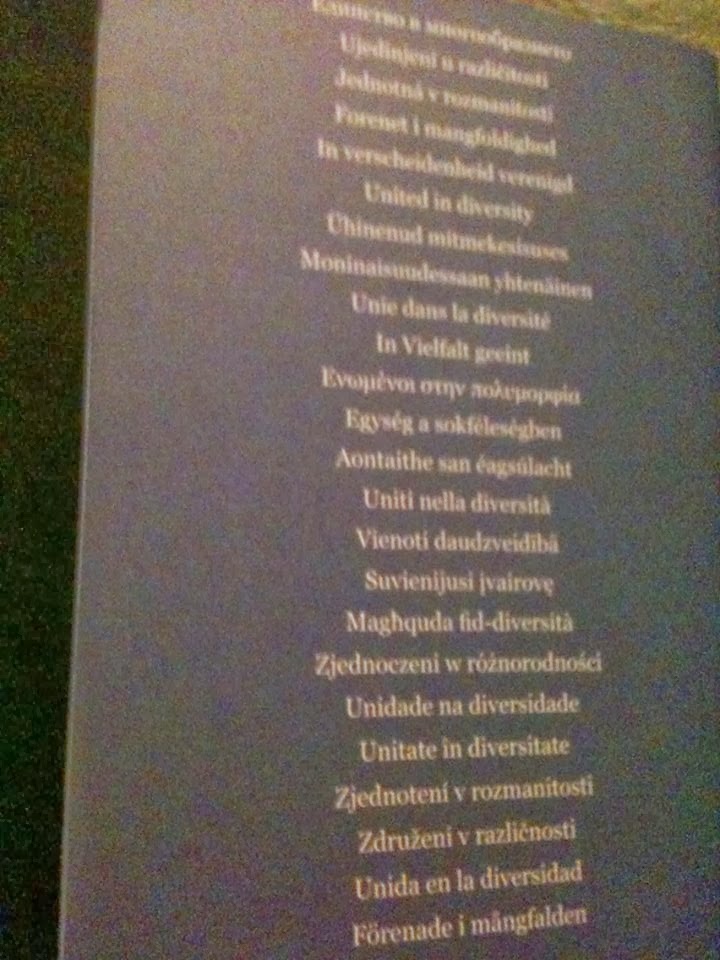
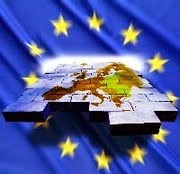
Aucun commentaire:
Enregistrer un commentaire